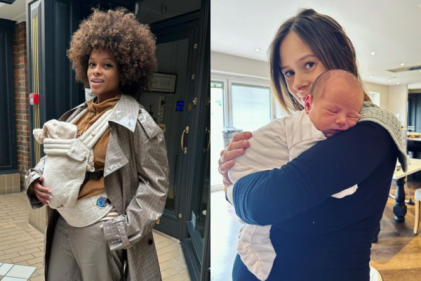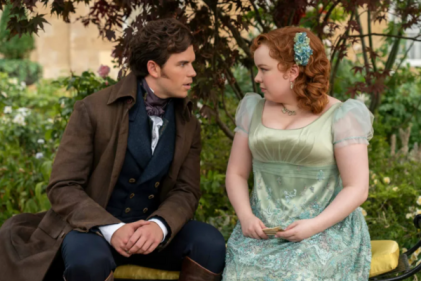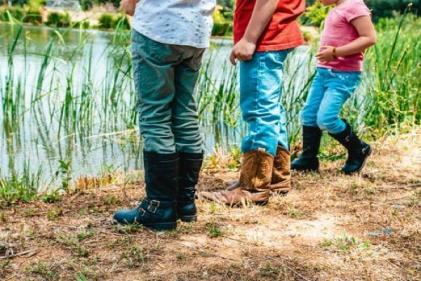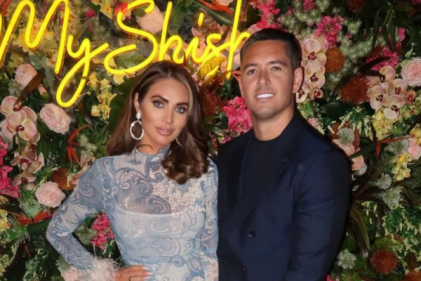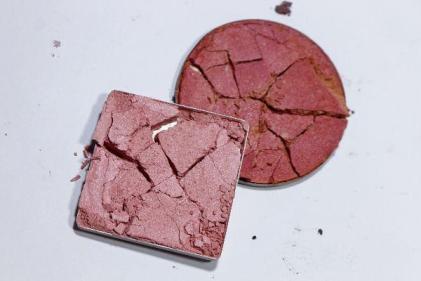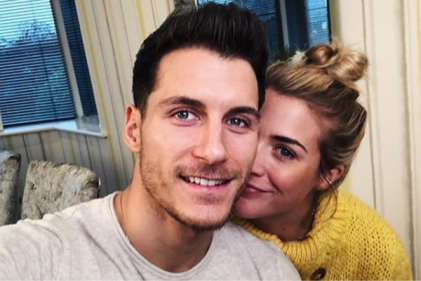Did you know that 80% of brain development happens within the first four years of a person's life? And that kids learn their language based on how much you, as a parent, talk to them?
In fact, the more words you say to your little one the sooner they will be able to learn to talk and to read.
However, it's not as easy as you may think, with many of us underestimating just how many words they are hearing - quite a lot of which we naturally adapt when talking to babies.
From 'nom-noms' to 'ta-ta', we are all guilty of using special language when speaking or engaging with our little ones. But is it a bad thing?
Well, Nicki Boyd, co-founder of Starling - a device which counts the number of words you say - says it's a "natural instinct" that we all do. In fact, as Boyd says, it is not universally a bad thing, once you don't "carry on as they get older".
"Cooing is fine once you remain eye contact and what you say in the first few weeks or months doesn't really matter," explained Nicki.
"It's fine to use it in the early months."
However, helping to develop a child's language takes more than just sprouting long and complicated words at them; you need to get up close - at least 18 inches, maintain eye contact, be engaging and use as many words as possible!
But how can you count the number of words your little one hears?
Well, Nicki, along with two others, created the Starling, a brand new wearable device for babies and young child that is designed to boost language development. It is a small piece of technology that works alongside an accompanying iPhone and counts the number of words your child hears in a day.
But shouldn't we be steering clear of technological devices when trying to boost our child's speech? Well, while the device is more anti-technology as it works on it's own, technology is not necessarily a bad thing when it comes to language.
Considering we're not going to be getting rid of smartphone or iPads anytime soon, it is important we use it to our advantage whilst remaining mindful of our usage.
Nicki suggests we engage kids when we are using a device - make them a part of the experience - rather than just making it a sole activity.
Talking about the new device that has received praise from plenty of parents, Ashna Ganatra, speech and language therapist for the NHS and Kiki’s Clinic, said "by focusing on the power of everyday routines, conversations and play, Starling makes language and literacy learning a fun and natural part of every child's day."
For more information on the Starling, click here.






